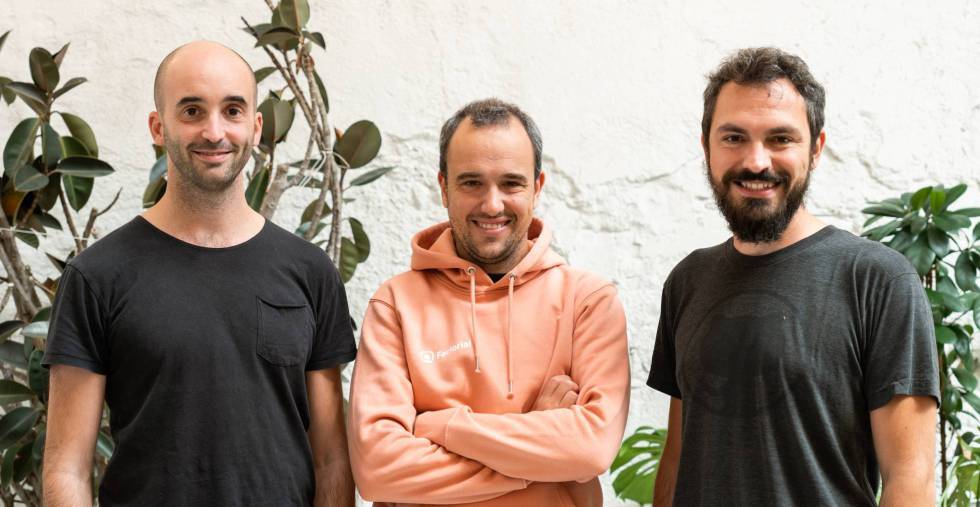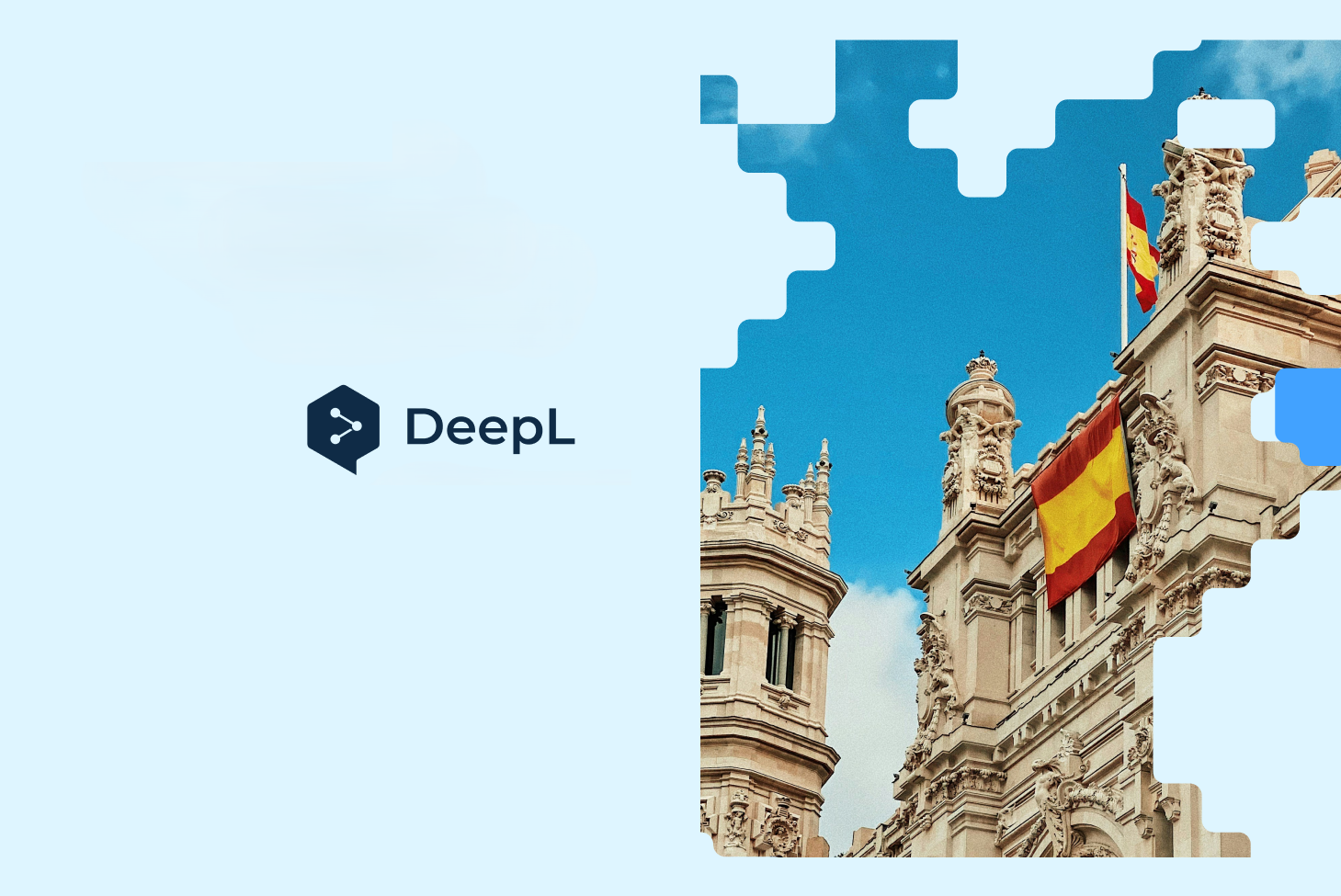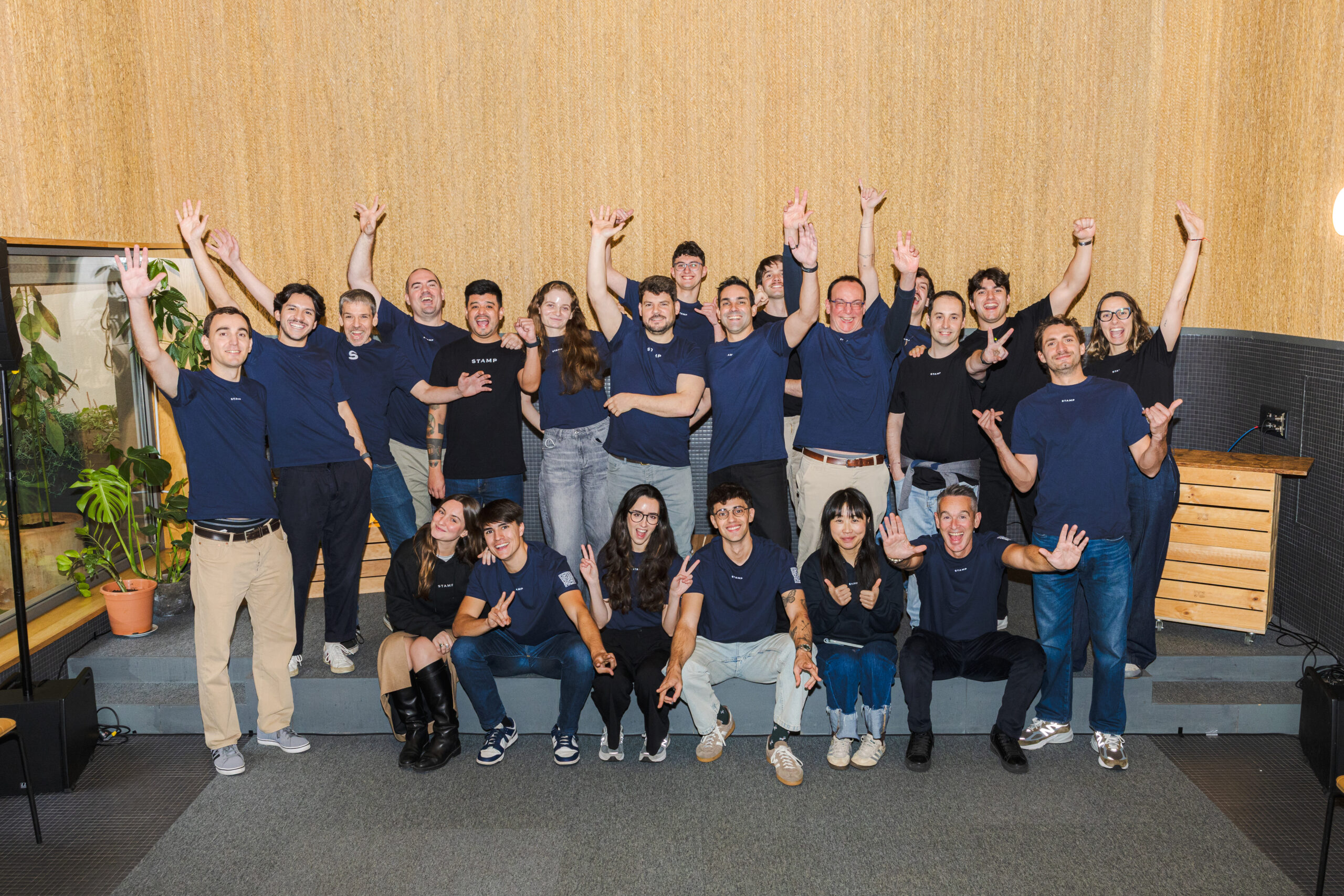Last week, the news exploded as the Spanish startup Factorial became a unicorn by raising €123M in a series C financing round, a clear example of how the startup ecosystem in Spain is playing out.
As Jordi Romero, CEO at Factorial, pointed out, the company has around 10 million potential clients within its 9 different locations around the globe: Spain, United Kingdom, the United States, Germany, Italy, Portugal, France, Mexico, and Brasil.
So far in 2022, another 3 unicorns have been created, TravelPerk, Recover, and Fever. In addition to this, and to strengthen the industry a select group of 9 startups, most of them unicorns, has founded EsTech, an organization of high-growth companies that want to make more visible the impact of a new productive model.
As we wrote at the beginning of the year when TravelPerk became a unicorn, there are distinctive traits that make each company unique. For this last one, it was smart acquisitions, solid vision, covid era improvements, and product development. So what makes Factorial so unique and successful?
1. Targeted audience
SMBs don’t tend to hire dedicated HR staff until they are “big enough”. Now with hybrid and remote work, there is high competition for talent. SMBs are struggling to remain competitive while efficiently managing workforce complexity.
Also in terms of HR software usage, the common clients were larger enterprises, as only 30% of SMBs claimed to have used software to source and recruit candidates in 2021.
SMBs have, therefore, struggled on using a mix of standalone tools that don’t integrate well and are pretty time-consuming to operate. As a result, business owners lose sight of the big picture. This also doesn’t leave much time to focus on developing people and culture, or to access data-driven insights to make informed decisions around time, talent and finances.
2. Pricing strategy
Factorial pricing strategy is by far one of its most interesting aspects. SMBs are in constant growth, and in difficult times in shrinking mode. This means that not all of them are the same and each needs a different solution. This specifically makes it difficult for businesses to target them and succeed on the way.
Factorial thought about this and actually came up with the perfect pricing strategy so each business pays for what they need according to their size. In this way, a pricing strategy focused on the number of employees was established.
Apart from this, it is important to mention that prices start at €4 per employee, and go up to €6. Again, the offering break in price per employee is more appealing for SMBs, and the low price is even more in a post-pandemic and soon-coming recession situation. And don’t forget, clients, pay month by month and can cut the service at any moment of the year.
3. Global vision
Factorial is a company that does not focus on the present but on the future. This has led the company to establish operations in Spain, the UK, the USA, Germany, Italy, Portugal, France, Mexico, and Brazil. But what makes the expansion so important?
Thanks to the founders’ vision, Factorial has achieved to enter into countries that sum up more or less half of the world’s GDP, ensuring business continuity. Also, since the beginning and as Jordi Romero, CEO and founder mentioned: “In the short term, we don’t have a plan for profitability. The bright side is that since some years ago, we always have had the opportunity to choose between profit and growth, and we have chosen the second. With this, we are hoping to be more profitable in the future”.
This way of thinking has helped them grow from 70 to 70,000 clients in the countries they have operations. And now they are expecting to reach 10M potential clients with the new investment.
4. The right team
Factorial has 3 founders: Jordi Romero, Bernat Farrero, and Pau Ramon. Without the talent of each one, the company’s success wouldn’t be possible.
Since young Jordi was a programming addict, later on, in the university he started working for his father helping in software development. But unhappy to study and work, in 2013 he founded Teambox, his first startup. The new experience helped him escape his comfort zone and travel between Barcelona and San Francisco in an effort to internationalize the company. With this company, he met Pau in California.
When they both returned to Spain, Bernat Farrero was the leader (and still is) of Itnig, a group that has boosted several startup-ups and is well known for its entrepreneurship podcasts.
After having contact with Farrero, he convinced Jordi and Pau to start Factorial in 2016. The company wasn’t well known until 2019 when it had to pivot into a different revenue stream model. With 3 of the founders being entrepreneurs, with their skills and experience having a business, they have been able to create what Factorial is today.







